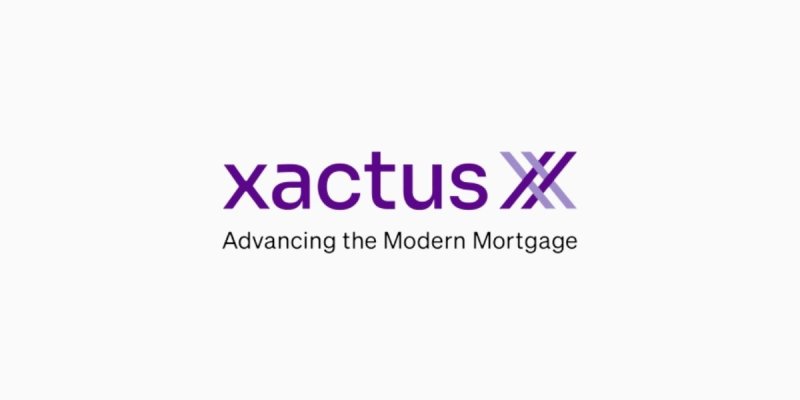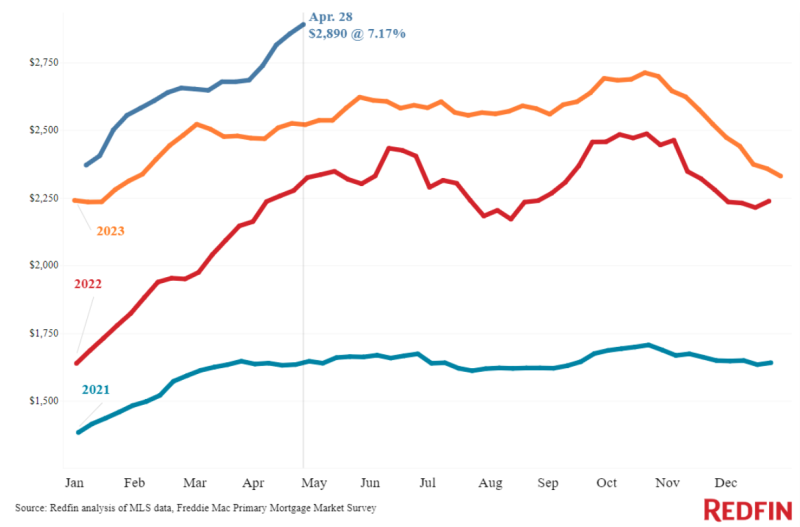
NTRAPS target seniors, low-income borrowers, consumer and title advocates say.
Corky’s bark alerts to a knock at the door. A charming man says he recently helped the Sawyers sell their home and hopes to be the exclusive real estate agent for the neighborhood for the next 40 years. Just sign on this line and take this thank-you check for $300. Spend it on the grandkids, he says. “How old are they?”
Neither the long-term service agreement nor the dog disclosed the fact that a simple refinance could incite a $12,000 penalty - 3% of the value of the home - to an unknown firm that stole its soul.
Non-Title Recorded Agreements for Personal Services (NTRAPS) were first identified in Florida in 2017. The majority of the 25,000 cases in 32 states currently on record happened in 2022, according to the title agents and consumer protection advocates investigating this elusive scam. “The scope is large, although I always say, just one is unacceptable when you’re talking about an unfair agreement that can have such a devastating impact on a consumer,” said Elizabeth Blosser, vice president of government affairs at the American Land title Association, (ALTA) which joined forces with AARP last year to draft legislation addressing NTRAPS.
Currently 15 states have used the model bill the group drafted to pass state legislation restricting NTRAPS. ALTA and AARP representatives held a virtual media briefing on these efforts Wednesday to spread the word to housing professionals and the clients they serve. "A standard (real estate) listing agreement is typically one year; in this case it is 40 years,” says Samar Jha, director of government affairs at AARP. “A lot of times they are not aware of what they are getting into and don’t have access to legal counsel.”
Firms are offering homeowners or prospective buyers as little as $300 to sign these long-term service agreements, most of which are applicable up to 40 years. “Typically it is not when you are looking to sell a house,” Jha said. “They are targeting future homeowners, saying when you sell this house in the future you won’t have to look for an agent.”
But what they don’t say is it will create a lien on the property, so homeowners will wind up in court owing thousands of dollars if they default on the agreement in some way, somehow, years down the road. Older or disabled adults are often on the receiving end of phone, mail and in-person solicitations, but also people who fall victim to quick, easy cash. “Anybody who owns a home can be targeted,” Blosser said. “These also purport to bind not only the signers but also their heirs, who probably have no knowledge of the agreements even existing.”
Legislation seeks to address past and future NTRAPS, making them unenforceable and punishable by law. Specifics vary on a state-by-state basis, but the strictest laws provide for the removal of NTRAPS from property records, the recovery of damages and even seizure of business. “Luckily it has been very bi-partisan,” Jha said, adding that more work has to be done to ensure nationwide change.
As their states’ chief consumer protection officers, Attorney Generals are calling NTRAPS “shameful,” “deceitful” and “unfair”. “We’re appreciating the fact that they are really looking into this situation,” Blosser said. “It is a win for consumer protection and a win for people’s property rights.”
One of the companies accused of this practice was MV Realty, which operates in 33 states. Civil lawsuits now seek to penalize the company and void existing contracts while keeping it from entering into new contracts.
“People currently have record amounts of equity in their homes. Unfortunately that brings out the bad actors who are looking to siphon out that equity,” Blosser pointed out. “Generally speaking it is good advice for consumers to think twice about signing anything related to their property. Unless you’re a real estate professional or an attorney it is really hard to comprehend the full agreement and its long term ramifications.”
Consumers who believe they have been targeted by NTRAPS should contact their local municipal consumer protection agency and state attorney general.




